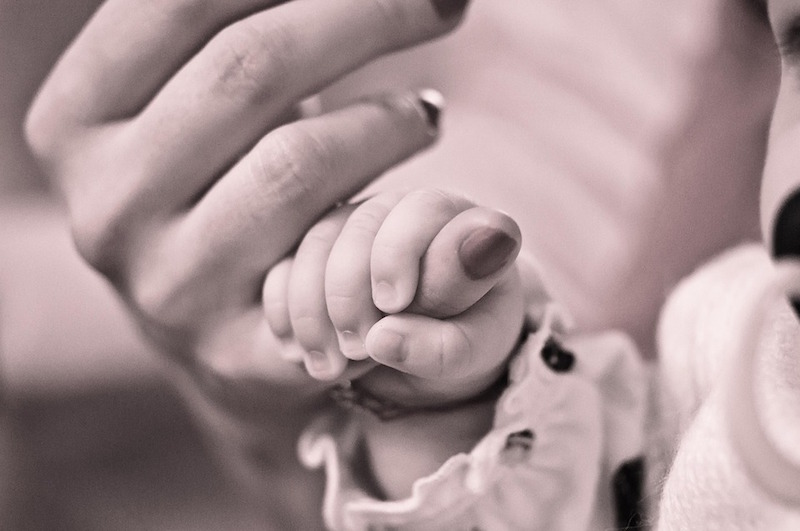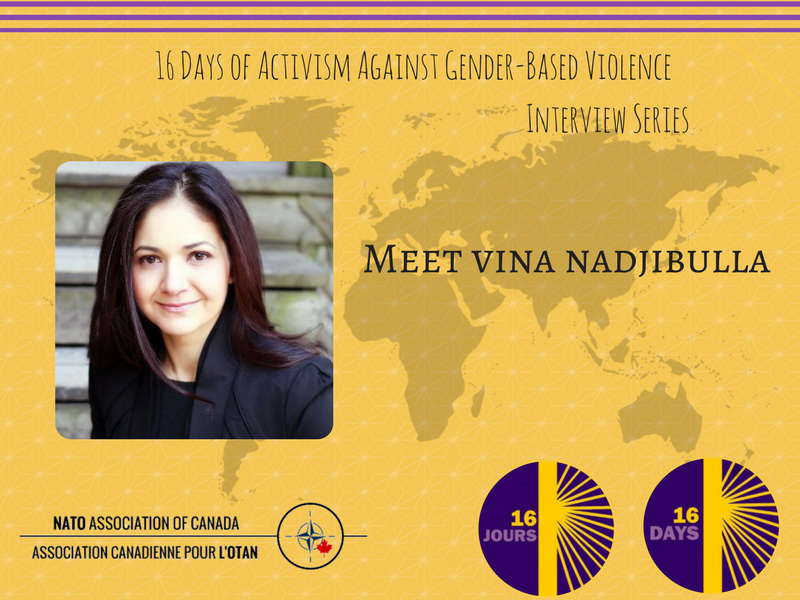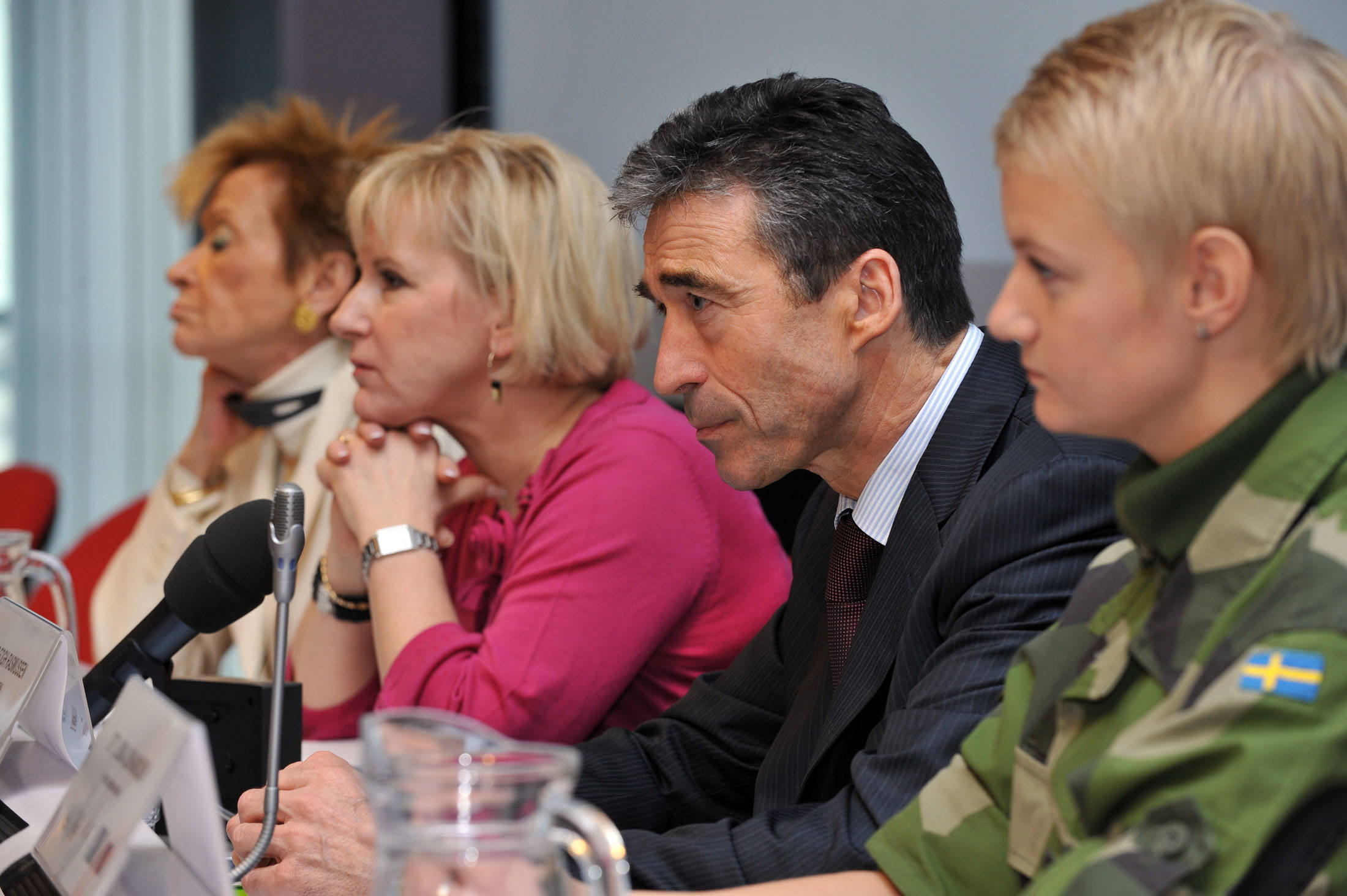A recent collection of essays published by Hedayah and the Global Center on Cooperative Security presents a series of compelling perspectives on the roles of women in countering terrorism and violent extremism. One particularly interesting piece in this collection focuses on an important and often overlooked actor: mothers.
In their essay “A New Security Architecture: Mothers Included!,” Edit Schallffer and Ulrich Kropiunigg from Women without Borders highlight the work of their organization in addressing shortcomings of the current Countering Violent Extremism (CVE) approach. They explain that CVE insufficiently addresses the fact that young people undergoing personal development are most vulnerable to radicalization. Current approaches also largely ignore the unique position mothers hold as both a “barrier and first responder” to such radicalization.
Study: Can Mothers Challenge Extremism?
To elaborate further on the position described above, Schallffer and Kropiunigg discuss a study conducted by Women without Borders on mothers’ perceptions of threats of violent extremism and their own roles in de-radicalization. Based on 1023 interviews with mothers in regions affected by violent extremism, the study revealed that mothers share similar concerns about the risks of their children being radicalized and an eagerness to combat the problem. The study also presented significant findings about whom mothers trust and what resources they need to address violent extremism.
For instance, the mothers interviewed primarily trusted other mothers and then fathers and relatives for support in crises. Teachers and community organizations were the most trusted institutions, with religious leaders scoring ambivalent levels of trust. State and international organizations, and well as the government, scored the lowest levels of trust. These findings have immense implications, especially since current CVE approaches are primarily implemented through authorities evoking the lowest amounts of trust.
Moreover, the mothers interviewed said that the primary area in which they needed support was better recognition and identification of warning signs of radicalization. They suggested that training in self-confidence, parenting skills, and computers would be helpful in enabling them to take action when they detected possible radicalization. What is very important, though, is that most mothers felt that connecting with other mothers in similar positions would help them gain these resources.
Application: Mothers Schools
Using the study’s findings, Women without Borders adjusted and enhanced their existing Mothers Schools model to strengthen local resilience in communities susceptible to violent extremism. The updated model involves a curriculum delivered by community partners allowing for dialogue, information exchange, and critical reflection amongst mothers. It features ten modules progressing from self-awareness to parent-child and family dynamics, eventually moving to the greater role of mothers in the community as key actors in security strategies.
With pilot programs in Tajikistan, Kashmir, Pakistan, Indonesia, Nigeria, and Zanzibar, the adjusted model has been well-received by participants, who now feel better prepared to “identify and respond to radical influences.” Equally important, Women without Borders is also expanding the model across Europe as part of efforts to stop the flow of foreign fighters from a grassroots level. They believe that only by building the needed social infrastructure can community CVE approaches be successful.
As we celebrate Mother’s Day today, it is a suitable time to reflect upon the contribution of mothers not only to their families, but also to society at large. In terms of countering violent extremism, mothers play a crucial role in both building community resilience and responding to early radicalization. The work of Women without Borders is a good start to realizing the untapped potential of mothers, but more work in this area is needed.




